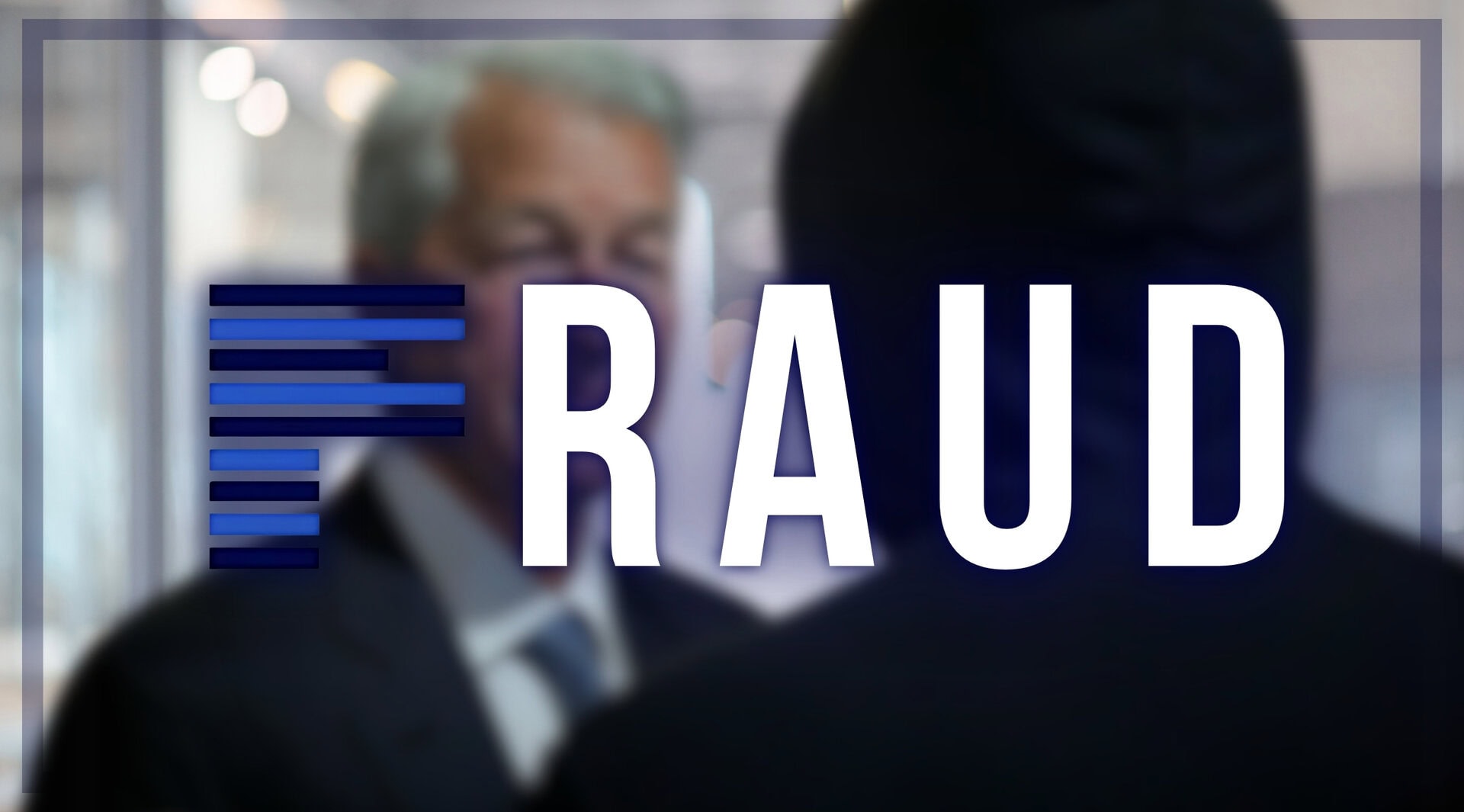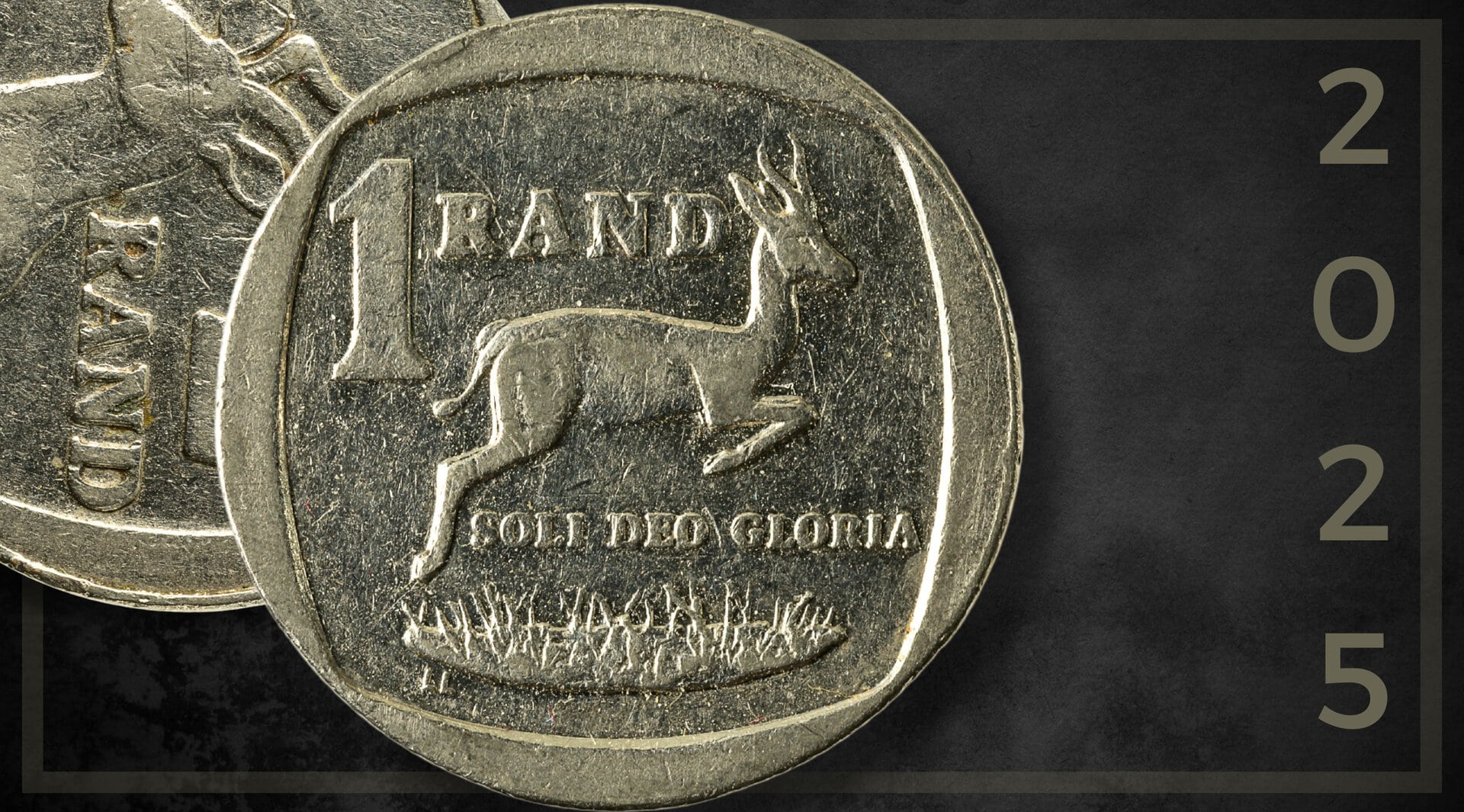By David Whitehouse
The flood of new venture-capital money in Africa is set to continue, with neglected French-speaking markets offering the highest potential returns for those able to carry out due diligence.
African startups are “still very undervalued as a whole” against global peers, says Janade du Plessis, general partner at Launch Africa Investors in Johannesburg. But, he argues, that undervaluation is more marked in francophone markets than in English-speaking Africa.
African venture capital (VC) investment accelerated faster than in any other continent in 2021 to set a record at $5.2 billion, according to a report from Partech. The amount raised was more than the total raised in the previous four years combined, with hopes for a post Covid-19 recovery part of the reason. The inflows are skewed towards the three largest anglophone markets of Nigeria, South Africa and Kenya, and strong corporate presence in those countries makes it easier for startups to achieve scale, du Plessis says.
Globally, according to CBInsight, there are now about 1,000 unicorns, or startups with a valuation of $1 billion. As recently as 2015, there were no unicorns in Africa, and even now there are only seven, which are mostly concentrated in Nigeria and other English-speaking markets: Chippers Cash, Andela, OPay, Flutterwave, Interswitch and Jumia.
Chippers Cash, Andela, OPay, Flutterwave, Interswitch and Jumia are the seven African unicorns
Large-scale corporates are needed because of the high cost of acquiring customers in sub-Saharan Africa, du Plessis says. That means that most startups need to begin as B2B rather than B2C providers, and need a well-developed corporate ecosphere to do so. Having exits for VC investors also largely depends on the local corporate community, he adds. There are now the “green shoots” of such a corporate presence beginning to establish itself in francophone markets, he says. “The catch-up is going to happen soon.”
Wave, a mobile money provider based in French-speaking Senegal, has given a taste of what might be in the pipeline. Last year it had the biggest ever Series A round in Africa, raising $200 million and taking its valuation to $1.7 billion. That helped propel Senegal into the top five investment destinations for the first time. Morocco, Tunisia and Algeria may be set to attract more attention, Partech predicts.
‘Amazon of Africa’
A very small number of startup companies in Nigeria can be considered as overvalued, says Mark Kleyner, co-founder of the Dream VC investor accelerator program in London. These companies have raised so much cash to date that they face “significant risk” if they can’t hit their key performance indicators (KPIs), he says.
Investments made by Y-Combinator VC firm in West Africa tend to correlate with overvaluation, Kleyner argues. The problem, he says, is the standardised investment method used: the fact that the approach does not take account of local conditions builds in a tendency to over-valuation. Even so, according to Kleyner, most startups even in Nigeria are still undervalued. The fact that digitisation is advancing faster than ever before means that ever increasing numbers of African companies are able to address a global investor base, Kleyner says. That, he argues, is leading to a redefinition of “over-valued” with a threshold which has increased, and is still rising.
Such a view assumes that value is defined by what the market is willing to pay, rather than by the quality of the business. Jumia, billed as the ‘Amazon of Africa’, is an example of a startup company which has in the past been overvalued, Kleyner says. The problem was that the company, which has its biggest market in Nigeria, rushed to expand as fast as possible and burned cash, and was definitely overvalued before its IPO in New York in 2019, he says. The shares, which now trade at about $8.30 compared with an IPO price of $14.50, are now around their fair value, Kleyner adds.
It’s worth noting that expanding its potential investor base through listing has not helped Jumia shares to maintain their value. The problem is more fundamental: the company’s business model has yet to be shown to work. The problems centre on last mile delivery to the customer. African addresses are on average much harder to find than street addresses in the US or Europe. Post offices are much less efficient so private delivery services need to be used. And customers in Nigeria are deeply reluctant to buy goods unseen. Payment on delivery means a stubbornly high level of failed transactions where the goods come back after a painstaking and expensive delivery process. Jumia has lost money every year since it was founded in 2012, and there is no sign of breakeven on the horizon.
Kleyner agrees that francophone Africa, as well as countries such as Mozambique and Angola, remain largely overlooked. Anglophone investors, he says, find it hard to establish contacts and do due diligence on the ground in such countries, so there are not enough investors at either early or later stages. Promising francophone countries which have been neglected, he says, are Cameroon, Côte d’Ivoire, Togo, Benin and Mali. Rwanda, a special case as a historically francophone market which has moved towards becoming anglophone, also has great potential, he says.
Potential investors both inside these countries and in the diasporas lack opportunities to engage with startups and sources of information, Kleyner says. The same applies to Africans who are interested in investing in other African countries, he adds. The Dream VC program seeks to train people who can research on the ground in neglected markets, and aims to enable people to themselves become VC accelerators. The programme makes money by charging individuals for its training as well as by seeking corporate sponsorships. “We are training a generation of VC talent,” and the programme aims to expand into new francophone markets this year, Kleyner says.
Gender Lens
Focusing on francophone markets needs to be combined with a gender lens to identify the best opportunities, says Hema Vallabh, founding partner at Five35 Ventures in Johannesburg. The fund, which is a partner of Launch Africa, concentrates on equity investments in female-focused businesses. To qualify as female-focused, a business needs to be either co-owned or co-founded by a woman, have a large share of female employees or an intentionally large female consumer base.
Of the $5.2 billion which went into African startups in 2021, about 93% went to male-founded startups, she says. That’s despite the fact that Africa is the world’s only continent where women entrepreneurs outnumber men.
Even in purely financial terms, that makes no sense, as startups with gender-diverse teams produce returns on investment which are up to 35% higher, Vallabh argues. She identifies several reasons for the discrepancy. There are not enough female allocators of capital. Female founders are more likely to be asked negative-type questions about their business plans which puts them on defensive. Male investors are more likely to allocate to male founders “who look and sound like they do.”
A lack of confidence among women in asking for funds is one factor, but far from a main one, Vallabh says. Women face the risk, and in some cases the reality, of sexual harassment when they seek funding from male-run organisations. Better education of fund managers is part of the solution, she says. “We need to start calling it out.”
Both Launch Africa and Five35 have invested in Maxicash, a female-founded fintech in the Democratic Republic of Congo (DRC). The company offers a cross-border money transfer service via a mobile app as well as a payment gateway and cards. Du Plessis accepts that African ventures should have a discount versus global peers at early, series A stage. At series B, that discount should be narrower, he argues. The firm has made 14 investments in francophone Africa over the last 18 months, including in Senegal, Côte d’Ivoire, Togo and Benin. Gozem, a transport app which connects customers with certified drivers in Togo, Benin, Gabon and Cameroon in West Africa, has been the firm’s “star investment” to date, du Plessis says. The app also offers deliveries and financial services, and the fund’s stake has grown eightfold in value. The company is now in a Series B fundraising round.
David Whitehouse is a freelance journalist in Paris and business editor of The Africa Report.















